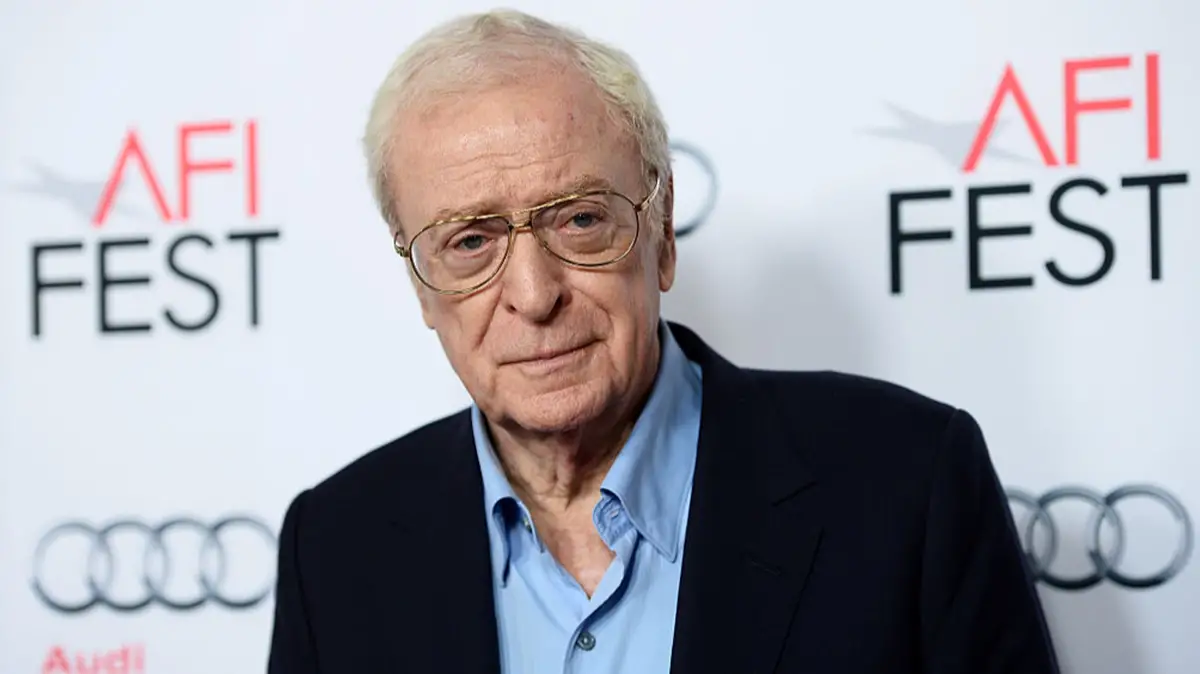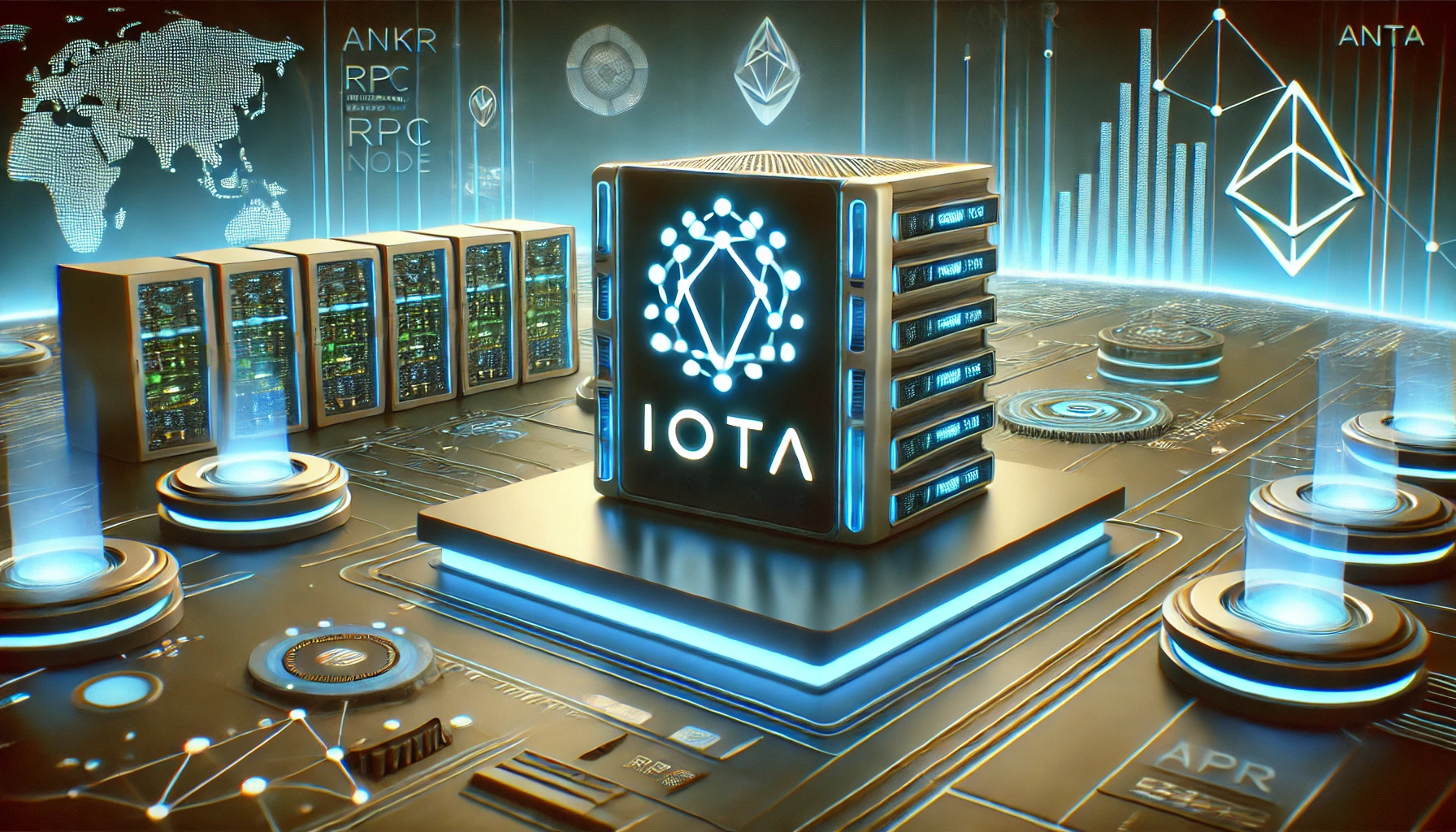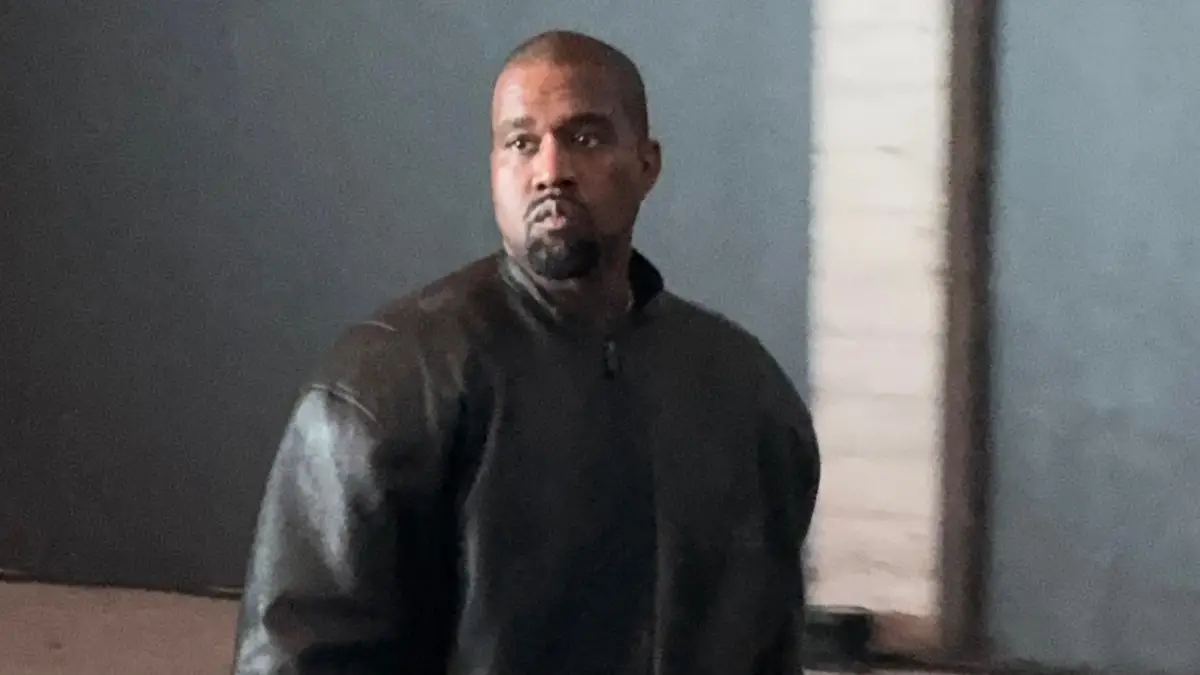
- Dubai tests the tokenization of real estate that enables the acquisition of shareholders through blockchain, improves accessibility and reduces the complexity of transactions.
- The initiative is in line with the more comprehensive digital financial strategy of Dubais, which uses blockchain for safe, efficient real estate transactions and global investments.
The Dubai government has one Pilot phase initiated for a project for the tokenization of real estate to bring real estate to the digital world using blockchain technology. The project aims to enable ownership of real estate assets in the form of tokens that are easier to act.
JUST IN: DUBAI LAUNCHES THE PILOT PHASE OF ITS REAL ESTATE TOKENIZATION PROJECT, AIMING TO TOKENIZE REAL ESTATE ASSETS ON THE BLOCKCHAIN
— BSCN Headlines (@BSCNheadlines) March 20, 2025
Room aside hurdles: Future of real estate ownership in Dubai
For many people, real estate investments in Dubai have always been very attractive. In terms of liquidity and accessibility, however, there were considerable obstacles.
Tokenization offers a way to divide real estate ownership into smaller parts that are shown as digital tokens. In this way, investors can acquire a small piece of the property with an affordable capital instead of buying an entire apartment or villa.
Conversely, this approach can also reduce bureaucracy, increase openness in real estate transactions and shorten the purchase and sales times. The blockchain as a supportive technology helps to recording transactions more secure and more effective, free from the risk of data manipulation.
The government guided advance to the tokenization of real estate
Dubai’s government is in charge of this project via the Dubai Land Department (DLD) and the Dubai Virtual Assets Regulatory Authority (Vara). Dubai continues to expand its position as the center for digital financial innovations, since tokenization transactions are estimated to reach 60 billion AED (about $ 16 billion) by 2033.
The step is also in line with the Dubai Economic Agenda D33, which aims to establish Dubai among the three leading global economic centers over the next ten years. Apart from his endeavor to be a leader in technological innovation, Dubai also wants to move more international capital into his real estate market.
New hub for web3 and crypto innovations
Dubai shows ambitions in the areas of blockchain and web3, even if it mainly focuses on the tokenization of real estate. On January 16, 2025, Dubai declared the construction of the 17-story Crypto Tower, a center for web3 and blockchain research.
Startups and companies that work in the field of digital technology will find space for 150,000 square meters in the building. The completion of the project is planned for the first quarter of 2027.
In addition, the crypto ecosystem in Dubai continues to grow. On March 12, 2025, Ripple from the Dubai Financial Services Authority (DFSA) received approval to offer blockchain-based payment services in the Dubai International Finance Center (DIFC). This makes Ripple the first crypto payment provider to be licensed by the DFSA.
As CNF reported, Abu Dhabi also showed interest in this sector about MGX by investing $ 2 billion in Binance. This confirms that the United Arab Emirates are willing to become a global digital financial center and thus strengthens the connection between the world’s largest crypto exchange.
Nneu era of real estate ownership
In view of these developments, the question arises: Is the world ready for a fundamental change in property for real estate assets? The concept of tokenization offers many advantages, but also entails its own problems, for example in terms of regulation, investor protection and the price stability of real estate tokens.
If there is a place in the world where this concept can be fully implemented, Dubai is certainly the most suitable candidate.








No Comments